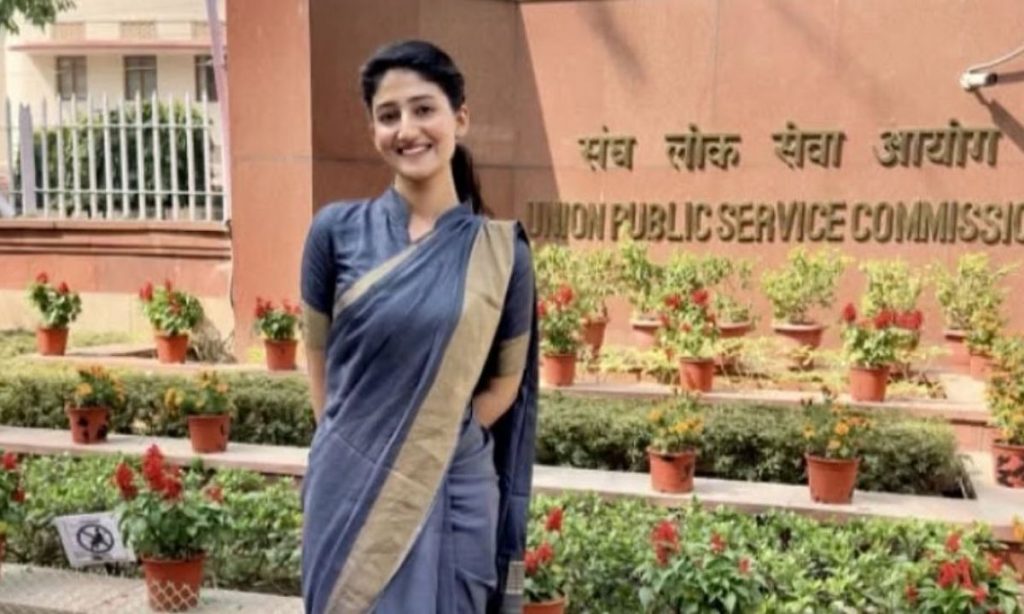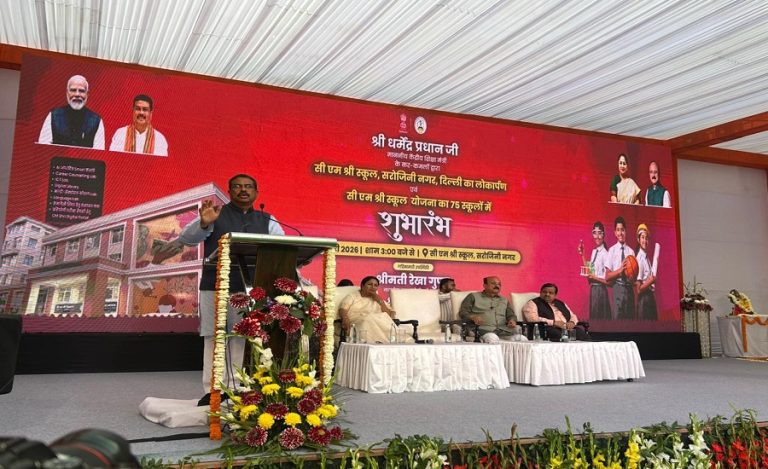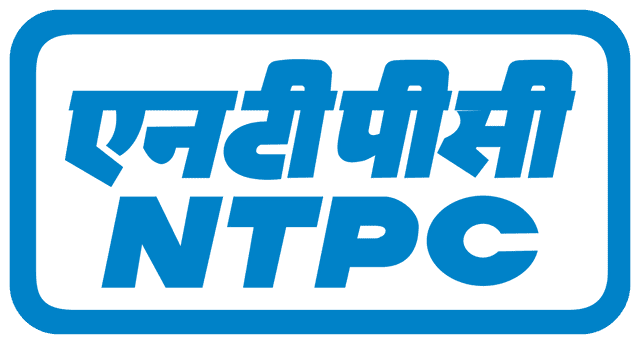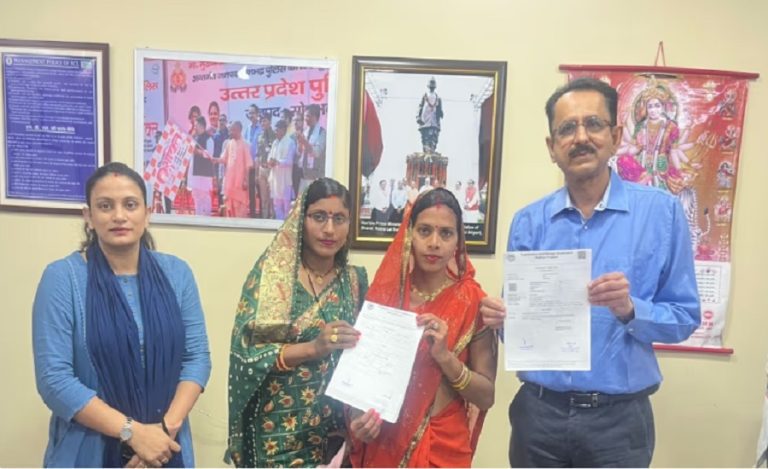A fierce debate has erupted across social media platforms following the resurfacing of 2024 batch IAS officer of Gujarat cadre, Ms Neha Byadwal’s intense UPSC preparation strategy, in which she reportedly abstained from using a mobile phone for three years. The story has been widely circulated, with a viral post on X (formerly Twitter) garnering over 45 lakh views, triggering heated discussions about the nature of civil service preparation, its social implications, and what it means to be truly connected to “real India.”
“This UPSC Cult Needs to Be Dismantled”: Netizens Critique the System
One of the most quoted posts from the online storm bluntly declared – “This UPSC-prep cult needs to be dismantled & destroyed. Complete sociopaths with zero idea of how India runs outside of their 24×7 rote study room end up governing the public.”
Critics argue that such methods create bureaucrats who are cut off from the lived experiences of ordinary Indians. The isolation, they claim, fosters a culture where administrators rely solely on coaching material and theoretical knowledge, rather than real-world problem-solving skills.
This UPSC-prep cult needs to be dismantled & destroyed. Complete sociopaths with zero idea of how india runs outside of their 24*7 rote study room end up governing the public. https://t.co/i5bilQ7ogq
— Shalaka (@sharklaka) June 29, 2025
The OTP and Privilege Argument: Can You Really Go Phone-Free in 2020s India?
Another X user highlighted the impracticality of a phone-less lifestyle in the modern bureaucratic landscape-
“Bureaucracy har cheez ke liye OTP maangti hai… imagine the privilege of not requiring a mobile phone for 3 years in today’s world.”
This comment touched a nerve, exposing class and access issues often embedded within India’s competitive exam culture. The idea that one could prepare without modern tools like a smartphone was seen by some as evidence of privilege – not grit.
One user summed up this resentment with sarcastic honesty – “People saying I’m targeting the girl coz I’m jealous: No bro. I’m just a girl standing in front of you, wanting ROI for my tax money.”
Critics Say Bureaucrats Are Out of Touch With Ground Realities
The viral debate also unearthed broader frustrations with India’s administrative setup. One user wrote-
“I simply fail to understand what an IAS will know about electricity when he is made MD of a board. Similarly, what will a babu know when he heads Directorate General of Shipping or Aviation?”
Others agreed that UPSC toppers, though academically brilliant, often lack real-world work experience necessary for managing teams, making decisions under pressure, or leading major departments.
“Having work experience should be a pre-requisite for such senior positions,” suggested another user, adding, “Scolding subordinates in public is not administration.”
Supporters Defend Neha: “Crack the Exam First, Then Criticize”
Despite the backlash, many came to Neha’s defense. Supporters argued that her dedication symbolized discipline and focus – qualities essential in public service.
“Easier said than done. Crack this exam and then we’ll hear you,” a user responded to critics.
Others noted that going phone-free doesn’t necessarily mean being unaware – “She didn’t use her phone, but for current affairs, she must be reading the newspaper to understand what’s happening and how India runs.”
Another user said, “Message is good, but you’re wrong here. They are very well aware of how the world functions…”
Who Is Neha Byadwal? From Rural Roots to the Indian Bureaucracy
Ms Byadwal hails from a village in Jaipur, Rajasthan, where patriarchal traditions restricted women’s education. She spent much of her childhood in Chhattisgarh and Madhya Pradesh, and her father, Shravan Kumar, works in the Income Tax Department.
Originally aspiring to be a lawyer inspired by movies, her career direction changed after a heart-to-heart conversation with her father. He showed her a mountain-like garbage heap and told her, metaphorically:
“That’s the peak – that’s where you have to reach. There are two ways – one I know, one you can carve on your own.”
The Struggle Behind the Success
Originally from Rajasthan, Neha first went to Delhi for coaching but returned home to pursue self-study. Her UPSC journey was anything but smooth-
- First attempt: Didn’t prepare seriously
- Second attempt: Missed prelims by 2 marks
- Fourth attempt: Missed mains by 8 marks
Through it all, her family became her support system, especially her father, who texted her the marksheet after a near miss. She finally cleared the UPSC in 2023 with All India Rank 569, scoring total 943 marks, including 770 in Mains exam and 173 in the interview.
Her Mission: Inspire Girls, Change Mindsets
As the first IAS officer from her village, Neha broke barriers.
She shared on Instagram – “I hope I become the reason a father motivates his daughter to study, telling her ‘if she can, you can too.’”
She also felt validated when young girls asked her for schools, seeing her not just as an officer but as a symbol of change.
The Bigger Question: Does UPSC Build Dedicated Officers – Or Disconnect Them From Reality?
IAS Byadwal’s story, now a flashpoint of national discussion, represents two conflicting ideals of success in India: self-discipline and resilience versus systemic privilege and detachment. Her success is inspirational, but it has also become a symbol of a deeper issue – the nature of India’s administrative machinery and what qualities truly make a good public servant.
As India continues to rely on UPSC to select its top bureaucrats, perhaps it’s time to ask: Should mental endurance alone define leadership – or should lived experience and emotional intelligence count too?
Read Also: Missed by a Few Marks, But Never Defeated : How Neha Byadwal Conquered UPSC




























